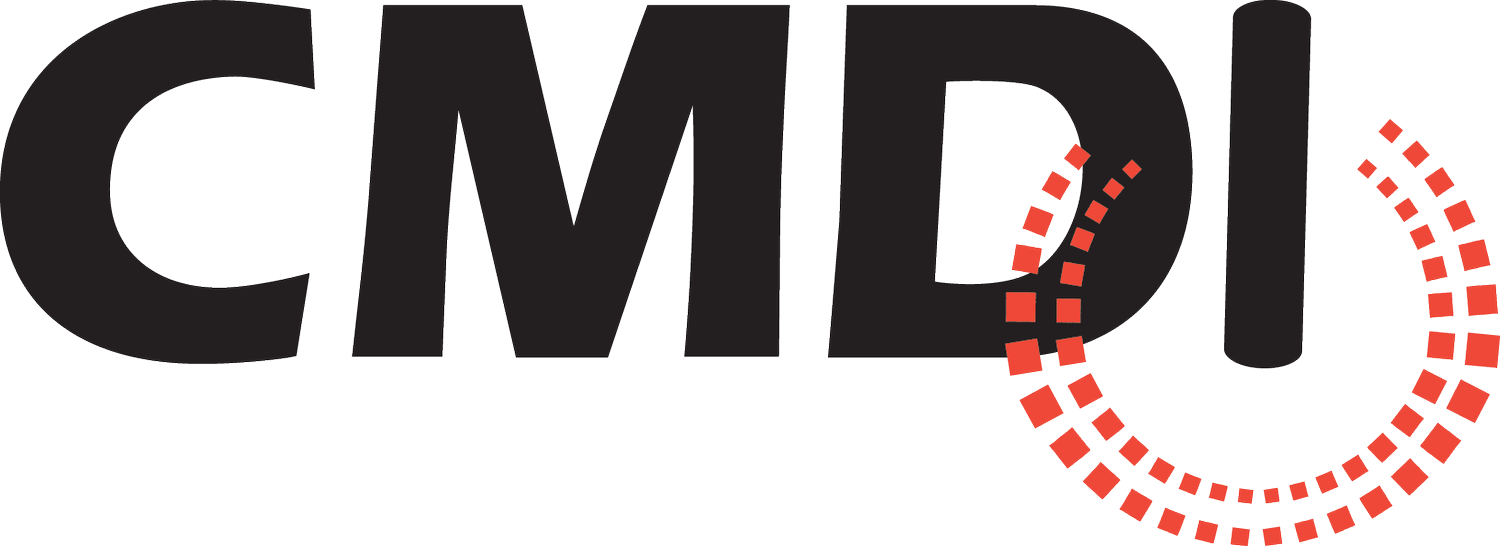L: CMDI Political Glossary
-L-
Labor Organization
An organization, agency or employee representative committee or plan, in which employees participate and which exists for the purpose of dealing with employers on grievances, labor disputes, wages, hours of employment or working conditions.
Lame Duck Session
When the House or Senate reconvenes in an even-numbered year following the November general elections to consider various items of business. Some lawmakers who return for this session will not be in the next Congress. Hence, they are informally called “lame duck” Members participating in a “lame duck” session.
Landslide
An election in which one candidate defeats the other by a very large margin.
Leadership PAC
A political committee that is directly or indirectly established, financed, maintained or controlled by a candidate or an individual holding federal office, but is not an authorized committee of the candidate or officeholder and is not affiliated with an authorized committee of a candidate or officeholder.
Leak
The spread of secret, often unfavorable, news about a politician to the media by someone in his or her inner circle. Some leaks by politicians are intentional, also called a trial balloon, so that they can judge the reaction to a proposed policy change before publicly committing to the new position.
Legal Defense Fund
A special fund established by an elected official to help pay his or her legal bills. Because a legal defense fund is separate from a candidate’s campaign committee, contributors who have already given the maximum amount to a campaign can still contribute to a legal defense fund. The House limits contributions to defense funds to $5,000 a year, while the Senate permits donations of $10,000 annually. The House also allows corporations and unions, which cannot give money directly to candidates, to contribute to legal defense funds. The Senate prohibits such donations. Lobbyists are prohibited from donating to legal defense funds for both House members and senators. Contributions to legal defense funds are reported to the Secretary of the Senate and the Clerk of the House.
Legislative Agenda
A series of laws a person wishes to pass.
Levin Funds
A category of funds raised by state, district and local party committees that may be spent for certain Federal Election Activities, such as voter registration and get-out-the-vote activities. Levin funds are donations from sources ordinarily prohibited by federal law but permitted by state law. Corporations and labor unions may make Levin fund contributions if state law otherwise allows such entities to contribute to state elections. Levin funds are not considered “hard money” and do not count against contribution limits or prohibitions on hard money contributions.
Limited Liability Company (LLC)
A business entity that is recognized as a limited liability company under the laws of the state in which it is established. LLCs that are treated as partnerships under the IRS code may make contributions. LLCs that have publicly traded stock or are treated as corporations under the IRS code are prohibited from making contributions.
Lobbyist/Registrant
A person hired to represent the interests of a company, industry, political cause or foreign government in the Congress, regulatory agencies or other parts of the U.S. government an is either a current registrant under the Lobbyist Disclosure Act, or who is named on a current registration or report filed under the Lobbyist Disclosure Act. The term originated in British Parliament in the 1830s to describe the people who gathered outside the chambers to speak with their Member.
Lobbyist/Registrant PAC
Any political committee established or controlled by a person who is a current registrant under Lobbying Disclosure Act or an individual who is named on a current registration or report filed under the Lobbying Disclosure Act.
Local or District Party Committee
A political committee that, by virtue of the bylaws of a political party, is responsible for the day-to-day operation of a political party at a level lower than the state level (e.g., city, county, ward).
Local Party Organization
A local party organization is an organization that is responsible for a political party’s activities below the state level (such as city, county or district level) but is not registered with the Federal Election Commission as a district or local party committee.
Lowest Unit Rate
The cheapest prices for a radio or TV advertisements that broadcasters offer to their regular customers. Under various federal campaign finance reform proposals, broadcasters would have to offer the same prices, or rates, to federal candidates and their campaign committees.
